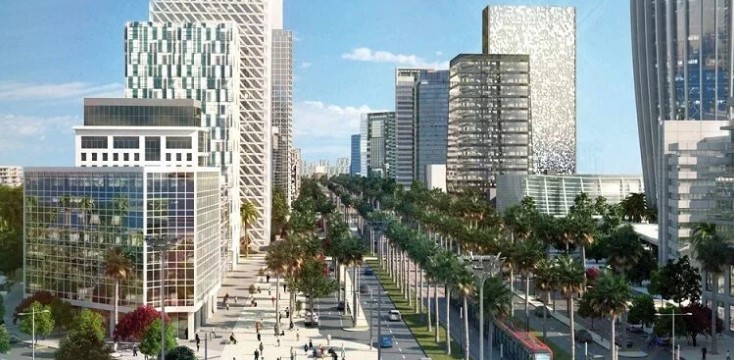During a high-level meeting held Tuesday at Casablanca’s City Hall, the heads of the city’s districts gathered to assess the status of key development projects and set a new pace for implementation. The tone was clear: Casablanca needs to accelerate progress by tightening coordination and ensuring that every local actor steps up.
The discussions focused on initiatives already underway in various neighborhoods, with a strong emphasis on their tangible impact on residents’ daily lives. City officials called for more targeted oversight at the neighborhood level and a fairer distribution of resources across districts. Urban mobility, green space management, and quality of life emerged as top priorities during the exchanges.
One of the major issues on the table was the city’s waste management contracts, which are currently under review. Local authorities aim to overhaul the system in collaboration with district officials to establish a more transparent and efficient structure. The goal is to create a more adaptable model—one that’s responsive to local needs and aligned with growing environmental expectations.
Another significant initiative under the spotlight was the planned agri-food platform. Envisioned as a regional logistics hub, this project aims to streamline the flow of agricultural products from rural areas, cut down on waste, and ensure more stable and affordable supply chains for traders and industry players. Beyond logistics, the city hopes to build an economic ecosystem around food-related trades, generating stable jobs and promoting smarter resource management.
On the environmental front, a new waste treatment facility is a centerpiece of the city’s strategy. Designed to replace outdated landfill methods, the plant will include advanced sorting, composting, and energy recovery technologies. Officials believe this will not only reduce Casablanca’s environmental footprint but also produce compost for public green spaces and potentially generate biogas. It’s a cornerstone in the city’s shift toward a more circular, sustainable waste model.
In the districts, specific improvements are already in motion. Urban mobility plans include expanding public transit infrastructure, building safe bike lanes, and redesigning traffic flows to ease congestion. Green initiatives are gaining momentum as well, with thousands of new trees being planted, public gardens undergoing renovations, playgrounds being added, and street greening projects launching—all in partnership with neighborhood committees to ensure proper maintenance.
As part of the sanitation overhaul, officials are redefining how waste is collected and processed in each district. New contracts will include measurable performance benchmarks, full transparency regarding operators and budgets, and the use of digital tools to track operations in real time. Feedback loops with residents will allow for ongoing adjustments, turning sanitation management into a dynamic, responsive system.
The city also took stock of its available resources. On the human side, plans are in place to expand ground teams—including sanitation workers, green space technicians, and traffic supervisors—and to offer specialized training to boost their effectiveness. Financially, the city is restructuring its budget to guarantee funding for each project stage. This includes leveraging public-private partnerships and tapping into green finance mechanisms.
A comprehensive review was also conducted on infrastructure, public facilities, roads, and landscaping projects. The city’s leadership examined current staffing and financial capabilities to identify both the obstacles ahead and the levers needed to move forward.
The meeting brought together vice mayors, district presidents, the city’s general director of services, and representatives from Casablanca Prestations and Casablanca Baia—the two firms responsible for implementing many of these initiatives on the ground.
